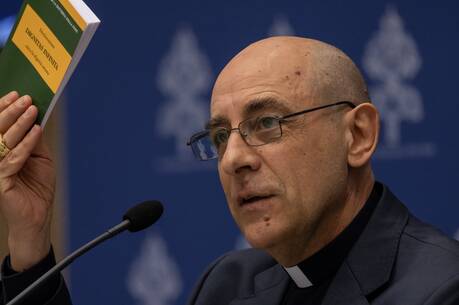In a Middle East torn apart by conflict, fighters are increasingly using food as a weapon. Millions of people across countries like Syria, Yemen and Iraq are gripped by hunger, struggling to survive with little help from the outside world. Children suffer from malnutrition; their parents often have to beg or sell possessions to get basic commodities including water, medicine and fuel.
Aid agencies have struggled with funding shortages and growing impediments to the delivery of humanitarian assistance despite U.N. Security Council resolutions insisting on the unconditional delivery of aid across front lines. In Yemen, the Arab world’s most impoverished nation, nearly half of the country’s 22 provinces are ranked as one step away from famine conditions.
The biggest humanitarian catastrophe by far is in Syria, where a ruinous five-year civil war has killed a quarter of a million people and displaced half the population. The United Nations estimates that more than 400,000 people are besieged in 15 communities across Syria, roughly half of them in areas controlled by the Islamic State group. All sides in the conflict have used punishing blockades to force submission by the other side—a tactic that has proved effective particularly for government forces seeking to pacify opposition-held areas around Damascus.
Since October, Russian airstrikes and the start of winter have exacerbated the crisis. Humanitarian teams who recently entered a besieged Syrian town witnessed scenes that “haunt the soul,” said Secretary General Ban Ki-moon. He accused both the government of President Bashar Assad and the rebels fighting to oust him of using starvation as a weapon, calling it a war crime.
One of the hardest-hit blockaded areas in Syria is Madaya, a town northeast of Damascus with a population of 40,000. The town has been besieged by government and allied militiamen for months. Two convoys of humanitarian aid were delivered to the town in January. Aid workers who entered described seeing skeletal figures, children who could barely talk or walk and parents who gave their children sleeping pills to calm their hunger.
Fouaa and Kfarya, two Shiite villages in the northern province of Idlib, have been blockaded by rebels for more than a year. Pro-government fighters recently evacuated from the villages describe desperate conditions there with scarce food and medicine, saying some residents are eating grass to survive and undergoing surgery without anesthesia.
In Yemen the situation has dramatically deteriorated, nearly 300 days after the Saudi-led coalition began its air campaign to drive Yemen’s Shiite rebels from cities under their control. Coalition naval ships are blockading traffic in Yemen’s ports, and rebels are besieging several areas, particularly the southern city of Taiz. The United Nations reported in late December that 7.8 million of Yemen’s 24 million people are in even more dire condition, “facing life-threatening rates of acute malnutrition.”
Massive population shifts in Iraq because of violence have made it more difficult for millions of people to access food, medicine and safe drinking water. More than three million Iraqis are displaced within the country by violence and instability. “They’ve lost their livelihoods, their jobs, and hunger and the inability to purchase food is a reality in their everyday life,” said Marwa Awad, with the World Food Program. In total, 8.2 million Iraqis are in need of humanitarian assistance: food, water, shelter or medicine, she said.







